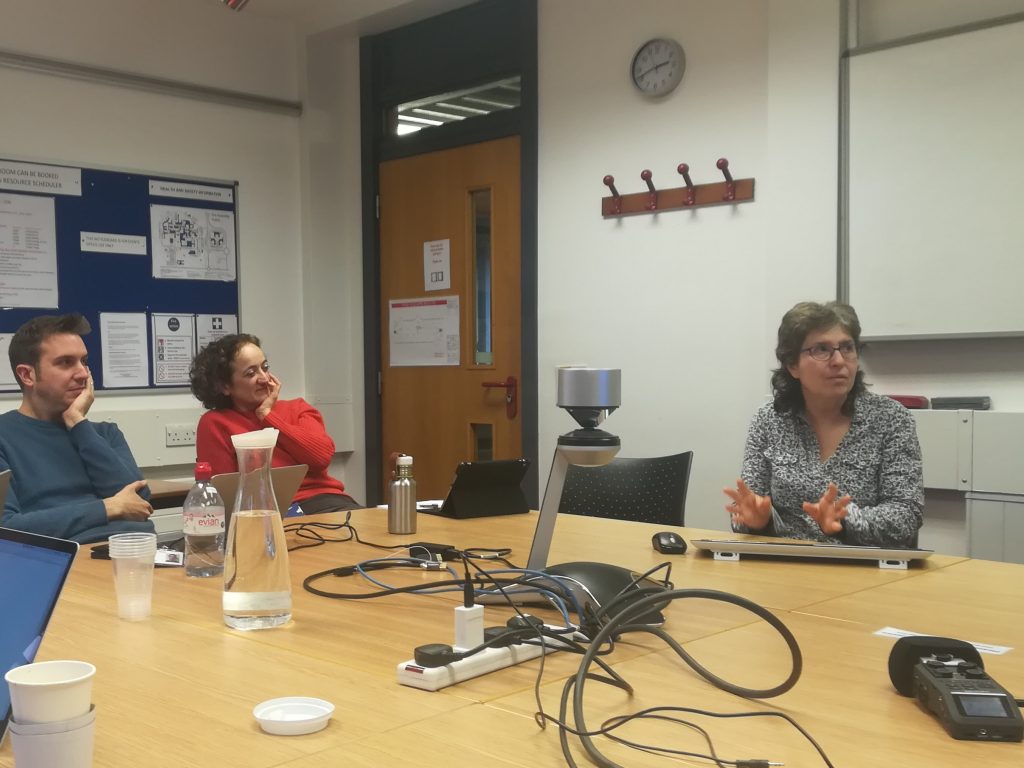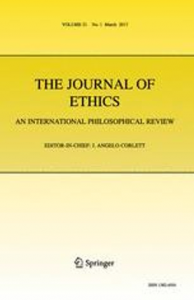 Submissions are invited for the upcoming conference British Society of Aesthetics: Aesthetics and Ethics in the Digital Age. The conference will take place on 27th and 28th May 2021 in Cambridge, UK.
Submissions are invited for the upcoming conference British Society of Aesthetics: Aesthetics and Ethics in the Digital Age. The conference will take place on 27th and 28th May 2021 in Cambridge, UK.
The aim of this conference is to explore some developments in recent practice that raise new and interesting questions for the philosophy of art. Artists, working independently in different parts of the world, are creating new forms of technological interfaces and experimenting with the biological, the nano and the digital. At the heart of all their works is a deep ethos of balancing the aesthetic and the ethical in how we relate with others and our environment, whether in the same physical space or as distributed bodies. The spheres of the arts, sciences, and (in particular) technology overlap both to explore and to attempt to change the way in which we live in the world. These artistic practices raise questions about the interaction between aesthetics and ethics that go beyond those familiar to us in discussions over the past decade or so.
Abstracts of up to 1000 words should be submitted as an email attachment to Satinder Gill ([email protected]) and Derek Matravers ([email protected]). Please include the talk title, author’s name, affiliation and contact details in the body of email; and please write “BSA Conference Submission” in the subject line. Abstracts should outline a talk lasting 25 minutes, on a topic related to the topic of the conference. The deadline for submissions is the end of 31st December 2020.
There will be no registration fee for the conference. UK-based contributing speakers will be encouraged to apply for the BSA Travel Stipend to cover travel and accommodation costs. The conference will adhere to BPA/SWIP Good Practice Scheme.
The conference website is https://fass.open.ac.uk/research/conferences/AEDA. For more information, please email Satinder Gill or Derek Matravers (emails above).
This conference is generously supported by the British Society of Aesthetics.



